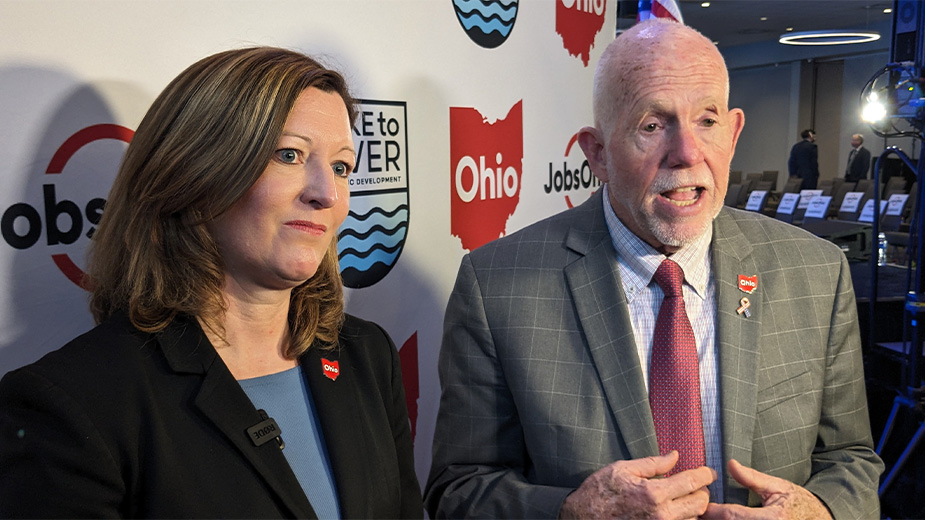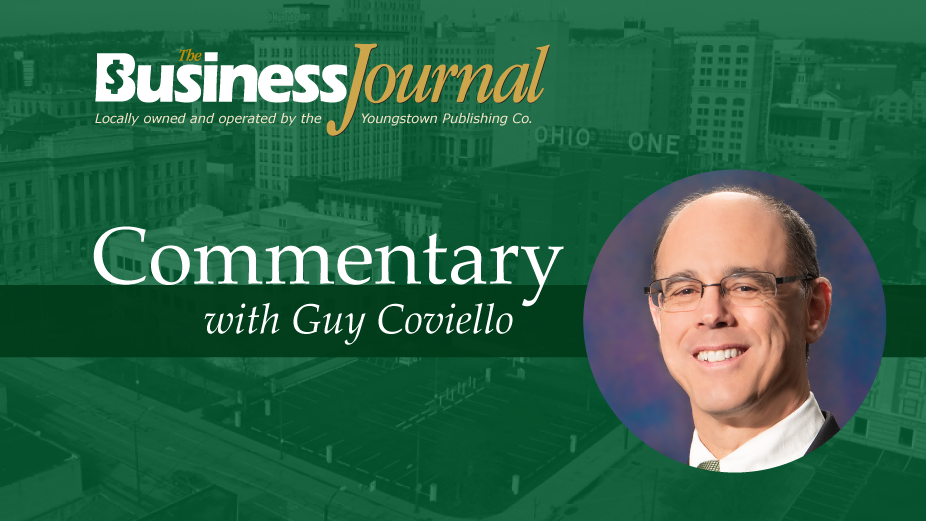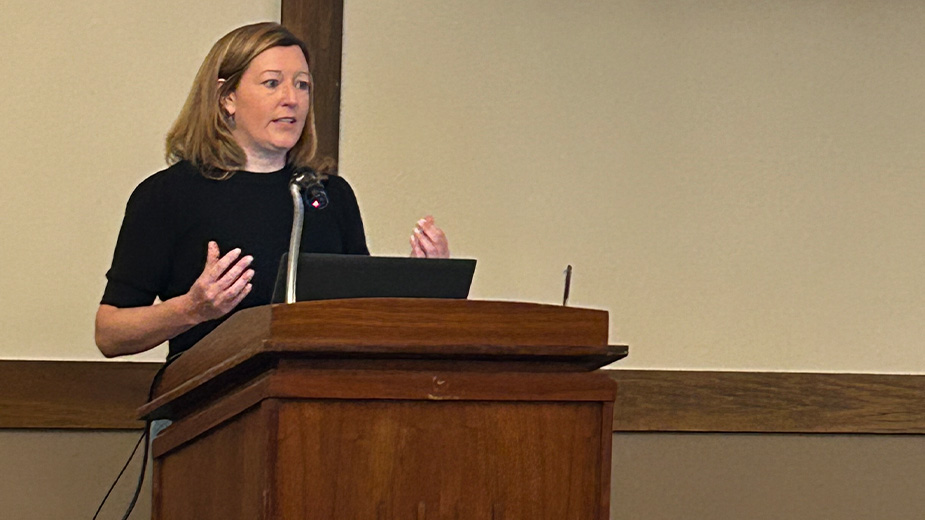Chill-Can, City Attorneys Square Off at First Hearing
YOUNGSTOWN, Ohio – Attorneys representing the city and the developer of the Chill-Can project appeared in court for the first time Thursday to argue whether the city could be entitled to monetary damages over the stalled development.
“We ask the court for clarity,” said Brian Kopp, who represents M.J. Joseph Development Corp., the California-based company that proposes to complete a $20 million campus on the East Side to manufacture the world’s first self-chilling can.
The parties have asked Mahoning County Common Pleas Magistrate Dennis J. Sarisky to issue a summary judgment that defines what damages could be sought in this case.
At issue is a development agreement signed in 2017 that awarded M.J. Joseph a $1.5 million development grant from the city to help prepare the project site. The money was used for the site, but the developer has failed to finish the project and to create the specified number of jobs it promised.
Kopp said that there is no language in the development agreement that calls for the return of these funds in the case of a contract default or for failure to create the number of jobs promised. Rather, the city limited any remedies to taking possession of the land, he argued.
“They could have written that in,” Kopp said of any monetary restitution. “Instead, they agreed to limit their remedy to the right to take back the land. There is no return-of-grant-fund clause that is tied to the ability to employ people.”
He said M.J. Joseph has incurred approximately $2.9 million of its own expenses toward the project. The development, he continued, was stalled because of a worldwide pandemic that shut the parent company’s operations down in California, as well as another plant in the United Kingdom.
However, Thomas Hull of Manchester, Newman and Bennett, representing the city, argued that the development should have been well underway and people employed at the site before the world ever heard of COVID-19.
In short, M.J. Joseph defaulted on the agreement because it failed to create the promised number of jobs and finish construction of the buildings, he remarked.
“There should be four completed buildings and north of 200 employees, and that should’ve taken place years ago,” Hull told the court. “The idea that COVID is a material issue of fact here is unbelievable.”
Hull said instead, three unfinished buildings sit at the site with perhaps a single employee, undermining the company’s argument that it was making its “best efforts” to complete the project and hire people.
“They didn’t get anywhere close,” Hull said. “They told us there would be 230 [jobs] and they did zero, or essentially, one.”
Hull pointed out that the agreement does not limit retaking the land as the city’s sole remedy. He cited a clause in the amended development agreement that indicates that the funds were subject to being returned in the event of a default.
He also cited a separate security agreement that was signed by the parties in 2017. Such a contract would not have been signed if the city didn’t anticipate monetary restitution in the case of a breach, he said.
The attorney said the city spent a total of $2.2 million to prepare the site, including the grant and expenses related to demolition, environmental abatement and relocation costs for residents.
“We did not get the benefit,” he said. “Not by a long shot. That’s why we think it’s appropriate for the return of our grant funds and a hearing on the remainder of the damages to be assessed.”
On May 25, 2021, M.J. Joseph filed papers in court denying it breached the agreements and argued the city did not have the authority to reclaim money or land.
The city filed a counterclaim the following month seeking to recover $1.5 million in development grant money, $414,948 in property acquisition and relocation costs, and $318,523 in demolition and abatement expenses, court papers say. In addition, the city estimates it lost $575,000 in projected income tax from the promised jobs that never materialized.
Magistrate Sarisky said the case would require some additional research, and that he would issue a ruling on the matter “in due time.”
The case is set for trial on Oct. 17.
Copyright 2024 The Business Journal, Youngstown, Ohio.



